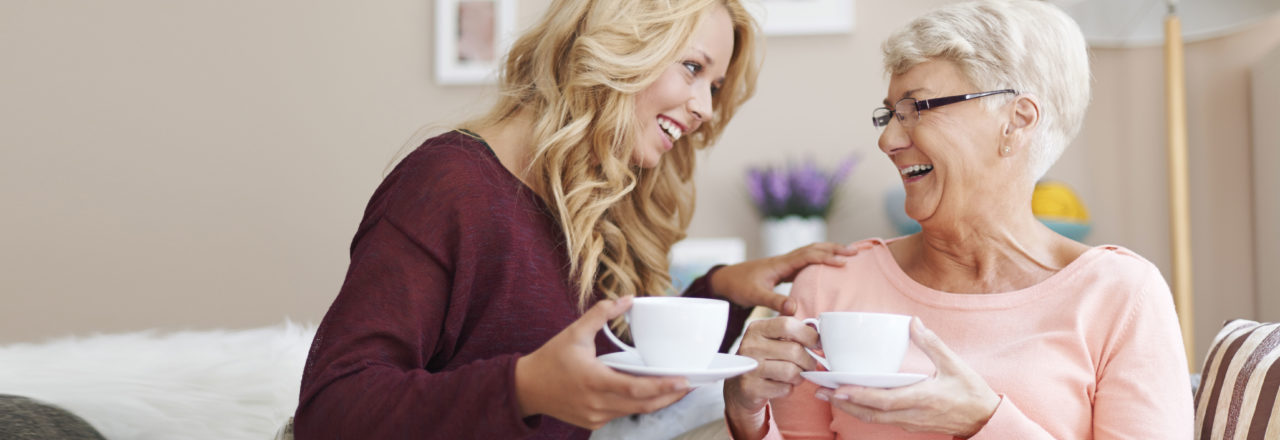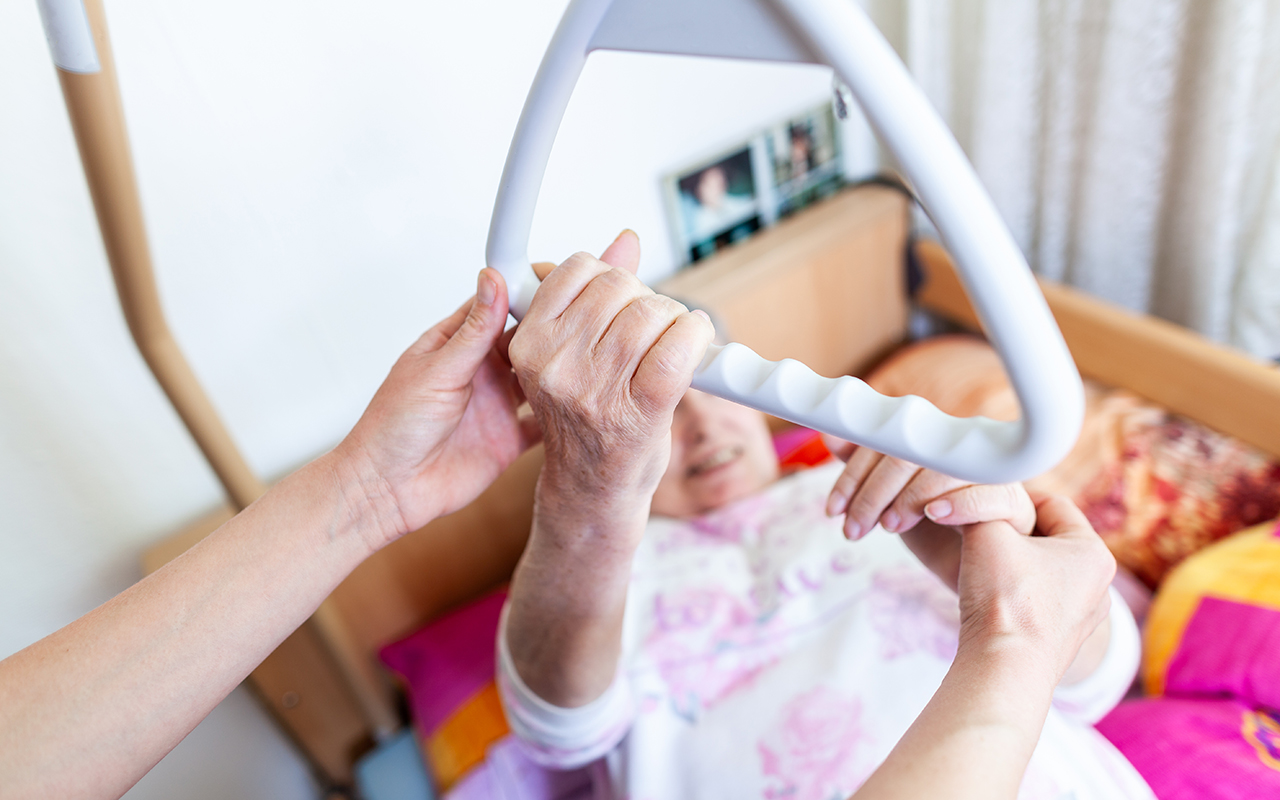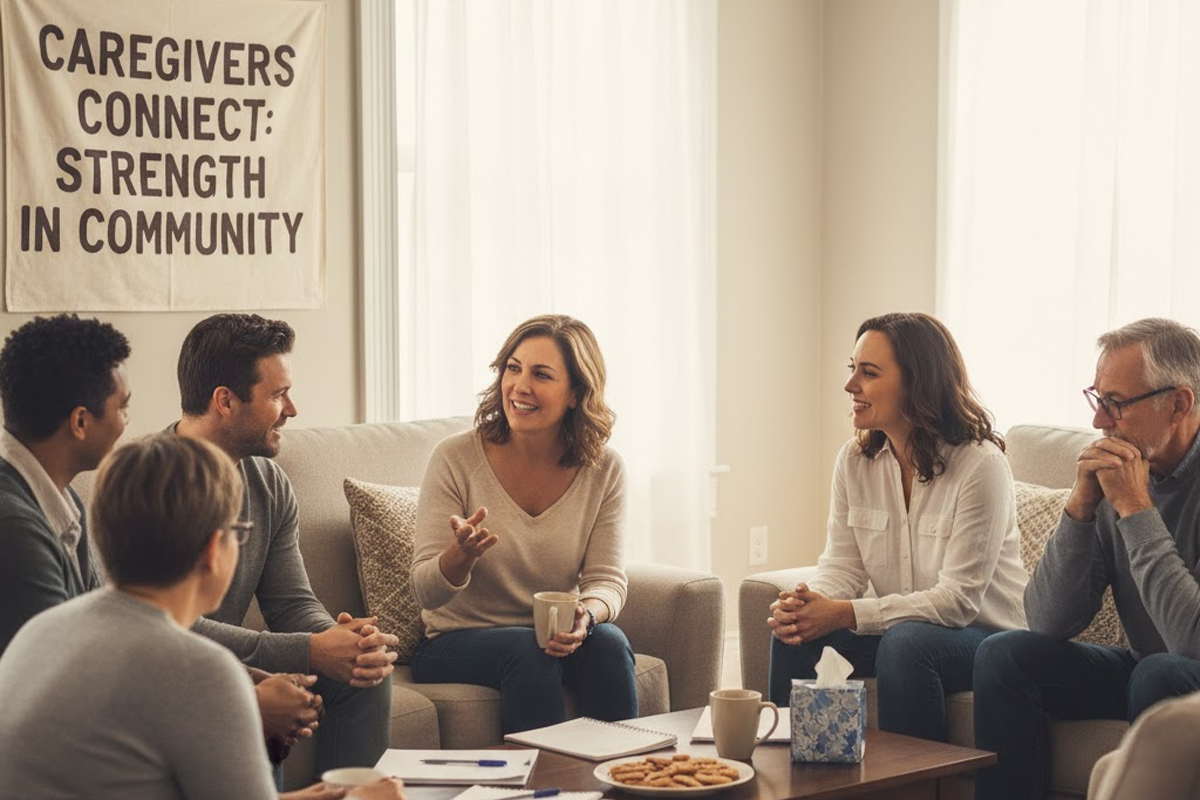Share
Sundowning is a condition sometimes experienced by those with Alzheimer’s disease or other forms of late-stage and advanced dementia. Also called “sundown syndrome” or “late-day confusion,” sundowning involves changes in behavior during evening hours, and it appears to be triggered by fading light.
Recognizing Sundowning
If your loved one has sundown syndrome, he or she may:
• Become more anxious or upset
• Act restless and irritable
• Be confused or disoriented
• Yell or act demanding
• Hallucinate
• Pace around the house
• Experience severe mood swings
These symptoms are likely to appear later in the day and are more pronounced than other behavioral changes associated with dementia.
Managing the Symptoms
Sundowning can be frustrating for you and frightening for your loved one, but it’s possible to manage the condition by adjusting routines to minimize the symptoms.
Set a predictable schedule for each day to avoid confusion. People with dementia don’t usually handle change well, so your loved one will feel calmer if he or she knows what to expect. When changes need to be made, do so gradually and with as little disruption as possible to allow time for your loved one to adjust.
Include activities for your loved one throughout the day to prevent daytime dozing from upsetting sleep patterns at night. Provide simple tasks like folding laundry, and keep your loved one entertained by reading books to him or her, playing favorite music or turning on a favorite show at the same time every day.
Minimize stress with a calm, comforting environment, and avoid being reactive when your loved one faces emotional struggles. Offer help and reassurance as needed, and remove yourself from the situation if you get angry or frustrated.
As evening approaches, start to wind things down. Adjust the lighting to create a brighter environment, and switch to more relaxing activities. Consider making dinner your loved one’s smallest meal so that he or she isn’t kept awake trying to digest something heavy. If your loved one still experiences agitation or anxiety at night, try using a light therapy lamp earlier in the day to improve mood and bring balance to his or her circadian rhythm.
Making basic changes for your loved one with sundowning syndrome can improve his or her quality of life and ease the burden of dementia care for you. By focusing on calmness and comfort, you’ll be able to enjoy peaceful evenings.
Caring for an elderly loved one can be a challenge, especially if they experience sundowning. At Caring Home Care, our certified caregivers are trained to manage the symptoms of sundowning so your loved one can end the day in a calm way. Learn more today!
How Caregivers Can Reduce Injury While Assisting Seniors Providing daily care for seniors is meaningful work. It can also be physically demanding. Many caregiver injuries happen during lifting, transferring, or repositioning seniors. These injuries are often preventable when proper techniques are used. Learning caregiver injury prevention strategies protects both the caregiver and the senior. It
Build a Caregiver Support Network: Finding the Help and Encouragement You NeedCaring for a loved one is one of the most meaningful and selfless things you can do. But being a family caregiver can also be emotionally, physically, and mentally draining. Whether you’re new to caregiving or have been doing it for years, building a
The Role of Respite Care: Supporting Caregivers and Seniors Caring for an aging loved one is an act of love, patience, and dedication. However, even the most committed caregivers need time to rest, recharge, and take care of their own needs. This is where respite care for caregivers plays a vital role. By offering temporary
Emotional Challenges of Caregiving Understanding and Coping with the Emotional Toll of Being a Caregiver Caregiving is one of the most rewarding roles a person can take on. It allows individuals to provide meaningful support to a loved one in need. However, it also comes with significant emotional challenges. Whether you’re caring for an elderly
Need A Caregiver? Fill Out Form Below
With our competitive rates, we make receiving in-home care affordable regardless of whether you’re using your insurance or paying out of pocket.








